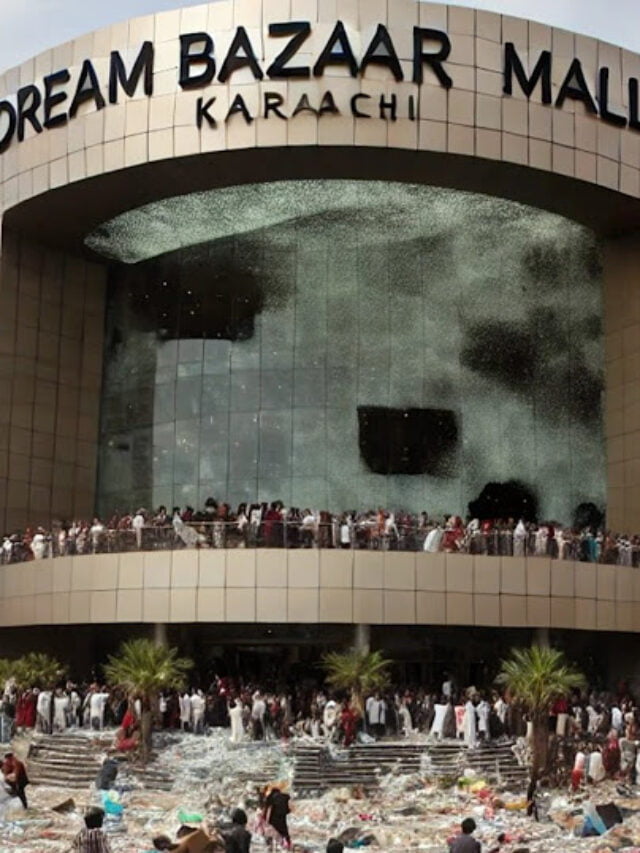Canadian Prime Minister Justin Trudeau faces the toughest challenge of his political career as calls for his resignation intensify, even from within his own Liberal Party. The upheaval stems from mounting dissatisfaction over Trudeau’s leadership, with around 15 Liberal MPs now publicly urging him to step down.

The recent resignation of Deputy Prime Minister Chrystia Freeland has further stoked the flames of dissent, casting doubt on Trudeau’s ability to lead the party into the next election.
Liberal MPs Turn on Justin Trudeau
Brendan Hanley and Jenica Atwin are among the latest Liberal MPs to break ranks and call for Trudeau’s resignation. Hanley, while acknowledging Trudeau’s transformational leadership and his contributions to Canada, argued that it is time for the Prime Minister to step aside. “I don’t see a viable path forward with the Prime Minister staying as our leader,” Hanley told CBC News.
These sentiments are echoed by other Liberal MPs, including René Arseneault, Anthony Housefather, Patrick Weiler, Helena Jaczek, and Chad Collins. Collins estimates that between 40 and 50 Liberal caucus members now want Trudeau to resign, a growing faction that reflects deep divisions within the party.
Freeland’s resignation, which stemmed from differences over fiscal policies and US tariff threats, has become a pivotal moment in this crisis. MPs like Wayne Long see her departure as a wake-up call. In a letter to colleagues, Long wrote, “This isn’t just about one man—it’s about saving our party from historic defeat. Silence is complicity.”
A Series of Setbacks
Trudeau’s struggles go beyond internal party dissent. The Prime Minister is grappling with widespread unpopularity, eroding support from Canadians, and stinging electoral defeats.
A major blow came with a humiliating by-election loss in British Columbia, where a Conservative candidate claimed victory with a landslide 50-point margin. For a riding that the Liberals won in the last election, this outcome symbolizes the party’s waning influence under Trudeau’s leadership.
Polling suggests that if an election were held today, Trudeau would face a crushing defeat against his Conservative rival, Pierre Poilievre. The Liberals’ continued electoral losses have given their former ally, New Democratic Party (NDP) leader Jagmeet Singh, ammunition to call for Trudeau’s resignation. Singh declared that Canada “needs a Prime Minister who will fight for the people.”
What Happens If Trudeau Resigns?
If Trudeau yields to growing pressure and steps down, the Liberal Party will enter uncharted waters. A leadership race would likely ensue, with Chrystia Freeland emerging as a potential frontrunner. Freeland’s resignation has inadvertently positioned her as a key contender, should Trudeau vacate the leadership post.
However, a no-confidence motion remains the only official mechanism to unseat Trudeau. According to Canada’s parliamentary calendar, no such motion can take place before January 27, when the House of Commons returns. Opposition parties, including the NDP, have signaled readiness to trigger a no-confidence vote if Trudeau does not resign by early 2025.
Peter Julian, NDP House Leader, stated that the party is “100%” prepared to back a motion of no confidence against Trudeau. This timeline gives the Liberals only a narrow window to address their internal turmoil and stave off political collapse.
Trudeau’s Next Moves
In response to these challenges, Trudeau has initiated damage control measures, starting with candid discussions with his Liberal caucus. In a recent meeting, he reportedly acknowledged the concerns voiced by MPs and assured them that he is “listening carefully.”
Trudeau is also planning a cabinet shuffle to reinvigorate his team. Dominic LeBlanc, a longtime ally of Trudeau, has already been named as Freeland’s successor in the finance ministry. However, rumors suggest Trudeau’s reshuffling efforts could face more hurdles as six other cabinet ministers—including Sean Fraser, Pablo Rodriguez, and Marie-Claude Bibeau—have announced plans not to seek re-election.
Sources indicate that Trudeau has begun interviewing potential replacements, but critics argue this is unlikely to stem the tide of dissatisfaction. Sean Casey, another Liberal MP, believes calls for Trudeau’s resignation will only grow louder after the shuffle.
Can Trudeau Salvage His Leadership?
Despite growing opposition, Trudeau appears determined to hold onto his role. His remaining loyalists within the party maintain that his leadership is crucial for the Liberals’ unity. However, this faction represents only one-third of the caucus, a precarious minority that highlights Trudeau’s tenuous position.
Also Read : Elon Musk’s Influence on GOP Sparks Debate Among Spending Bill ShowdownCritics, including disenchanted Liberal MPs, argue that Trudeau’s inability to address the root causes of voter dissatisfaction could doom the party to historic defeat in the next election. They fear his leadership could alienate centrists and progressives alike, leaving an opening for the Conservatives to consolidate power.
What Lies Ahead
With internal divisions intensifying, the immediate future of Justin Trudeau’s leadership looks increasingly fragile. If he steps down, the resulting leadership race would undoubtedly reshape the party. Chrystia Freeland, among others, could seize this opportunity to redefine the Liberal vision for Canada.
Conversely, if Trudeau remains defiant, the risk of party implosion looms large. The coming months will likely prove pivotal as the Liberals grapple with internal reform, waning public confidence, and the ever-present threat of Conservative opposition.
In a letter to caucus members, Liberal MP Wayne Long summed up the mood within the party: “We must ask ourselves if we want to stay silent and allow this to happen. Canada deserves a leader who can truly represent the people. Silence is no longer an option.”







